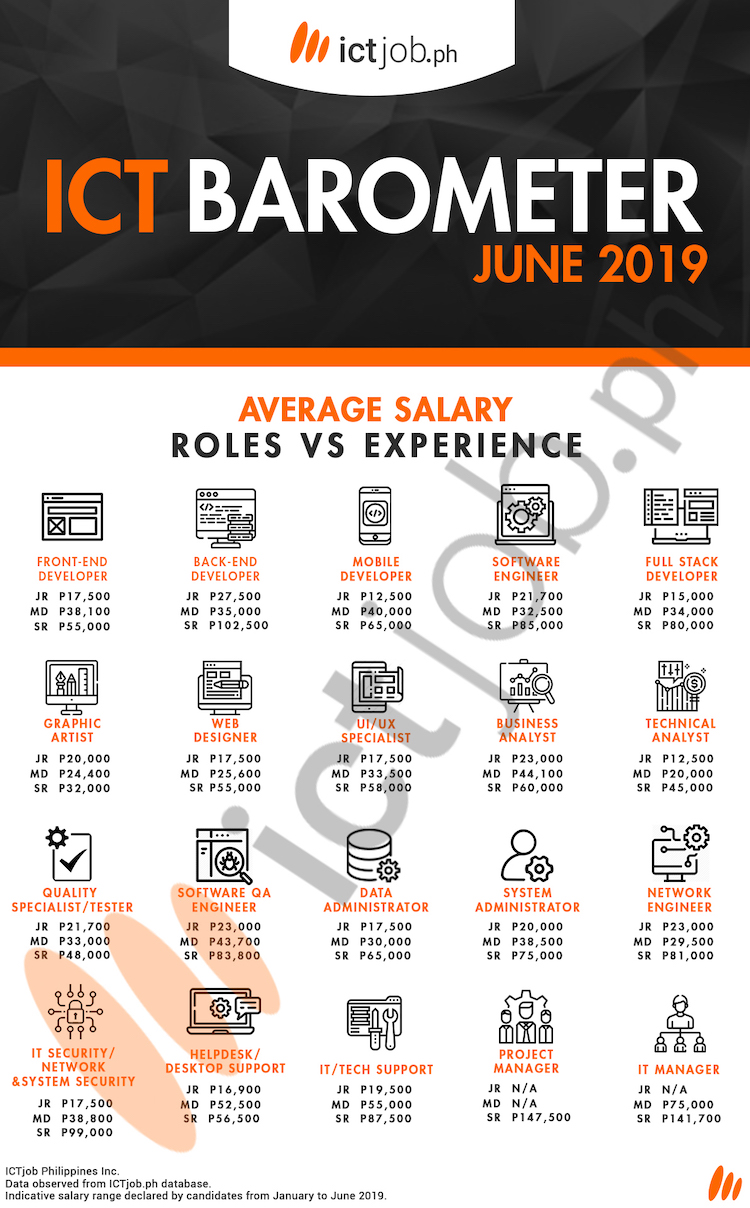Every year, nearly 20% of workers around the world change jobs. And many of them are using the Internet to do so. According to a new report jointly produced by The Boston Consulting Group and Recruit Works Institute, 55% of job seekers use the Internet to look for employment, and 33% rate Internet job sites as the most effective channel for finding a job.

The widespread access to the Internet and mobile devices in the 21st century has brought new sources and tools to job seekers. IMAGE FROM BCG WEBSITE.
The report, titled “Job Seeker Trends 2015: Channels, Search Time, and Income Change,” delivers a global view of the job search process today.
“One of the key capabilities that differentiates the Internet channel from referrals from family or friends is the Internet’s ability to process a much higher volume of applications,” said Kazumasa Sakurai, a BCG partner and a coauthor of the report.
“We believe that key difference will drive the continued growth and evolution of Internet job search, and we look forward to seeing how future technological developments can continue to drive down the time job seekers spend searching for a new job without limiting—and in fact expanding—their employment options.”
“Job search behavior is drastically changing around the world, but until the publication of this report, we have had little insight into just how it’s changing,” said Yukio Okubo, the founder and general manager of Recruit Works Institute. “The unique evidence of job search behavior in various countries presented in the report promises to deepen our understanding of the global job market.”
The Internet Has Profoundly Changed the Job Search Process
The Internet changes everything, and it has changed few activities more profoundly than it has the search for employment. Job seekers 30 or 40 years ago were largely limited to paper media such as newspapers and magazines and to introductions from family and friends. The widespread access to the Internet and mobile devices in the 21st century, however, has brought new sources and tools to job seekers. Today, the process is more standardized globally, and most people are able to collect job information and search for opportunities casually and efficiently.
Job search channels include commercial channels such as paper media (newspaper or magazine advertisements), Internet job sites (résumé portals, job forums, job posting sites, job aggregators), temporary- and permanent-employment agencies, job training programs, government-run programs, referral channels such as alumni networks and referrals from family and friends, and direct inquiries with employers. About 40% of global job seekers used only one channel in their search, and about 25% used two.
About 55% of survey respondents sought new employment through the Internet search channel, compared with 36% who consulted paper media, 33% who relied on referrals, 24% who inquired directly with a prospective employer, 20% who used public services, and 17% who worked through permanent-employment agencies.
According to the survey respondents, Internet job sites and referrals were the most effective channels for finding a job. Among all respondents, 33% rated Internet sites most effective, and 19% said referrals were the top channel. In contrast, 10% of respondents thought paper media was the most effective; for public services, the figure was only 5%. Considering these ratings as a percentage of the users of the channel in question, 60% of Internet job site users, 59% of referral users, and less than 33% of the users of paper media and public services said that the channel was the most effective.
The report’s findings make clear that the average users of the key channels have different profiles. The average Internet job site user is more educated and younger than the average job seeker. The average referral user is less educated and older.
Job Search Motivation and Income Improvement
One reason people look for new employment is to earn a higher income. But how often do employees achieve that? About 57% of job changers overall saw their incomes improve, although job changers who had lost their jobs when they began their search fared worse overall. Not surprisingly, income improvements were strongest—and search times shorter—in countries with annual GDP growth of 2% or more.
The Internet Both Lengthens and Shortens Search Times
Paradoxically, the advance of recruiting technologies has both lengthened and shortened the job search period. On one hand, Internet job advertisements allow employers to reach a wide target audience at the click of a mouse. On the other, job seekers today are able to subscribe to job posting updates and may thus spend a longer time casually browsing. On average, the global job changer in 2014 took eight weeks to complete his or her research and waited five weeks to receive an offer.













































































































